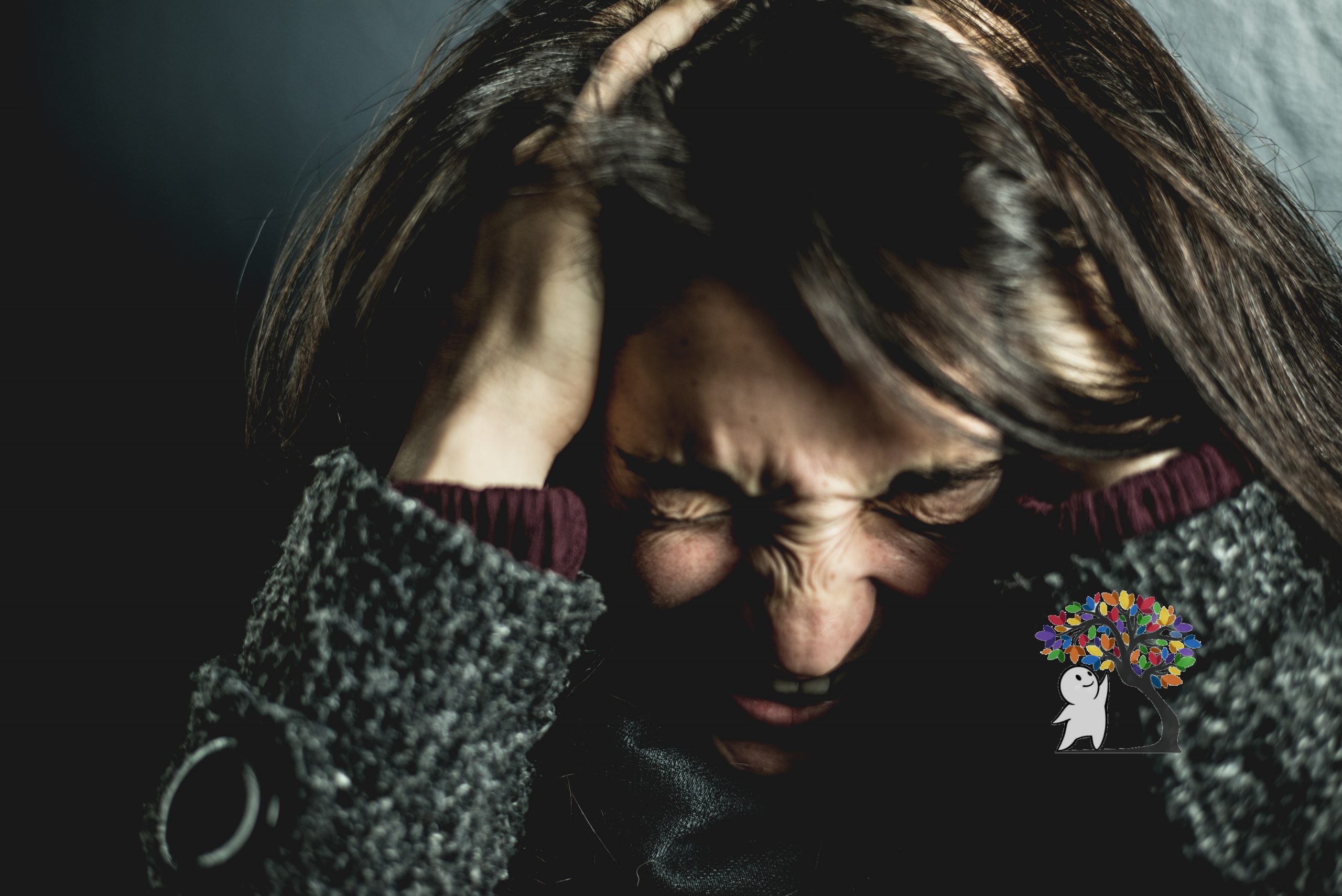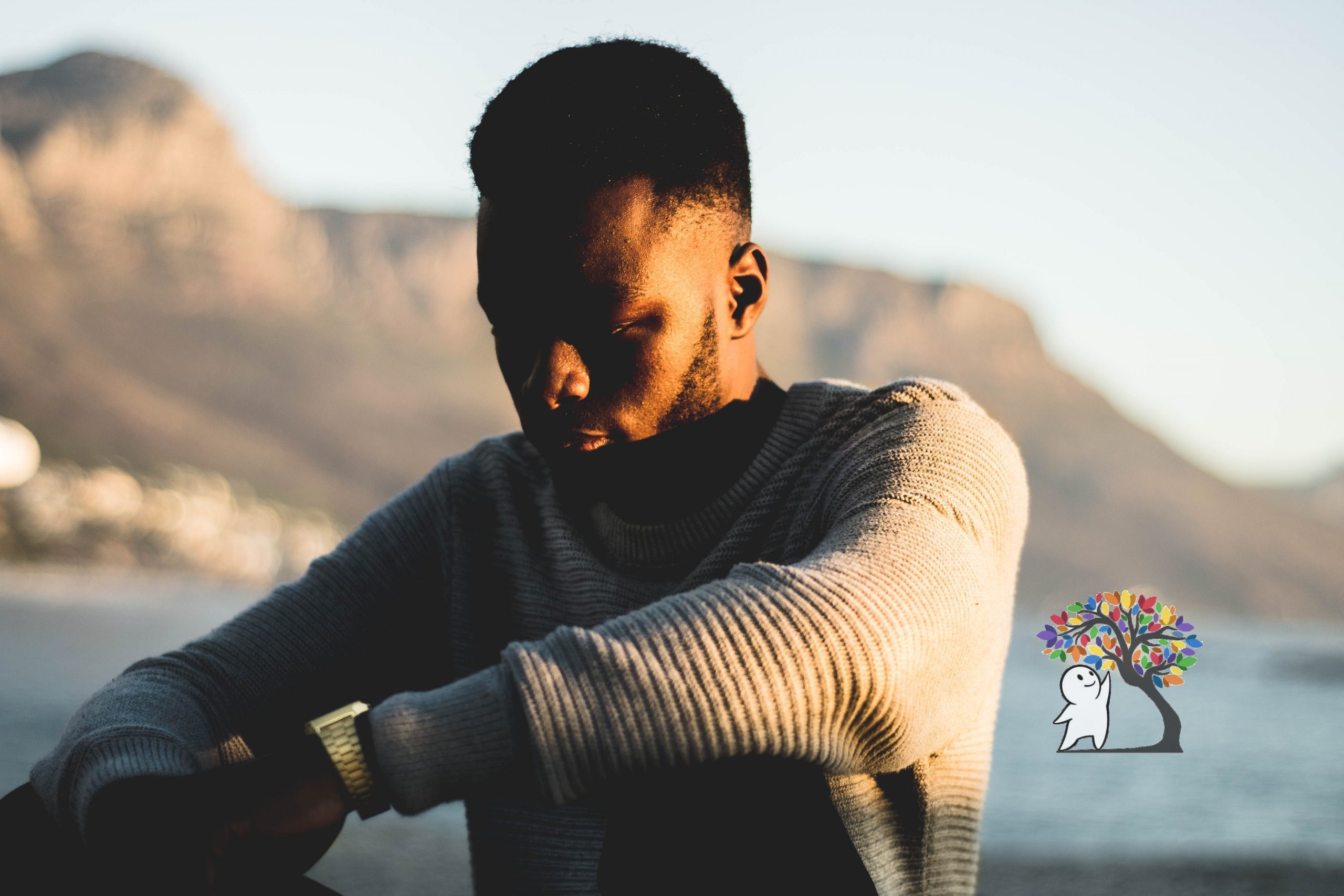10 Basic Emotions and What They’re Trying To Tell You

We all go through life experiencing a complex and multi-faceted spectrum of different emotions, some of which are too difficult to put into words. There are times when we feel things but don’t understand why, or have to deal with certain emotions we don’t quite know how to process. A lot of us might be tempted to repress what we’re feeling because we’re too afraid to even admit to ourselves that they’re there, but denial, deflection, and dismissal aren’t healthy coping mechanisms and can even do more harm than good sometimes.
Emotions are a natural part of life and they serve to let us know how we’re being affected by the things going on in our lives and in ourselves. They’re neither positive nor negative, but simply act as signals to point us towards the right direction and help us make sense of what we’re going through. And while it may be scary and uncomfortable at times, we need to make the effort to understand our emotions so we can better understand ourselves and our underlying wants, needs, and beliefs.
With that said, we prepared in cooperation with Meowessay 10 of the most universal emotions and what they mean:
1. Happiness
One of the first core emotions we all experience is happiness. When we’re younger, happiness is often a feeling that comes from a sense of safety and security that our parents bring us. It arises from the knowledge that we are loved and taken care of, and as we grow older, we begin to associate it with feelings of contentment and emotional connection as well (Easterlin, 2003). Joy, pleasure, and satisfaction all exist to remind us of what it is that we value most, so think about the times when you feel happiest and you will come to realize what it is you want most in life.

2. Sadness
Next comes sadness, an emotion that we feel whenever we experience the loss of something important in our lives. Sadness is a very complex and nuanced emotion, one that can come in many varying degrees and manifest in a lot of different ways. But it’s most important purpose is to help us process our feelings of grief and disappointment. Feeling sad allows us to take a step back and look at ourselves and our situations to better understand what it is that’s causing us so much pain. It teaches us to be more introspective, resilient, and to learn from our mistakes.

3. Anger
While it may not seem like it to a lot of us, anger can actually be a very good emotion to experience if we take the time to understand it more. Often manifesting as clenched fists, tense muscles, and a flushed face, our anger begs us for release, so we let it out by stomping our feet, shouting at those around us, and even breaking the things within our reach. We feel frustrated because there is something stopping us from getting what we want, so we lash out to make ourselves feel less helpless against our situation. But anger is meant to do more than just that – it forces us to act and fight against the problem we’re facing.

4. Anticipation
In the most basic meaning of the word, anticipation refers to a physiological state of arousal that we experience when we’re excited, anxious, or uncertain about what’s to come (Loewenstein, 1987). If you’re feeling anxious about something, it’s your mind’s way of reminding you to plan ahead of time and better prepare yourself for the future. But if what you feel is more of nervous excitement, then it means you are doing something that pushes you out of your comfort zone.

5. Fear
Evolutionary psychology tells us that fear is a basic survival mechanism meant to keep us safe from potential danger. It’s why we have an innate fight-or-flight response that’s triggered whenever we feel physically or emotionally threatened by something (LeDoux, 2012). But sometimes we feel fear towards things that we aren’t supposed to, like failure, uncertainty, emotional vulnerability, and the loss of control. Fear keeps us from taking risks, challenging ourselves, and going after what we want.

6. Loneliness
People feel lonely when they feel isolated and disconnected from those around them. Famous psychologist Abraham Maslow even posited that one of the most basic human needs is the need for belongingness, along with the physiological needs for shelter, food, and water (Maslow, 1943). Because we as humans have a deep-seated need for social interaction, loneliness is meant to signal to us that we need to reconnect with our loved ones and attend to our relationships with those we care about. You can read more about it here in this article: 7 Reasons Why You Feel Lonely.

7. Jealousy
Another core emotion familiar to most of us is jealousy, the feeling we get when we want what someone else has. We feel envious of others when we perceive that they are more fortunate than us in some way; that they are happier, wealthier, smarter, or more successful. Jealousy can give way to insecurity and hurt our self-esteem because it makes us think that we aren’t good enough to have everything we want. It’s important for us to pay close attention to whom we feel jealous of and why because it speaks volumes about what it is we feel is missing from our lives.

8. Disgust
Similar to fear and anger, disgust is an emotion rooted in our evolution. We feel repulsed by things that we consider to be unclean or disease-ridden, like cockroaches, rats, waste, and rotten food. We also feel revolted by things that go against our most fundamental social norms such as heinous crimes and certain sexual behaviors (Miller, 1998). A feeling of intense dislike and aversion, disgust is an emotional response we feel towards something that is unhealthy for us.

9. Surprise
Surprise is something we feel when something unexpected happens to us or those around us. Shock and surprise can intensify whatever emotions we’re feeling, like happiness, anger, and despair. When we feel surprised, we become more curious and alert because it forces us to change our perspective and adapt to new situations.

10. Trust
Finally, there’s trust, which many would argue is not so much an emotion as a choice. And while it’s true that trust isn’t as instinctive a feeling as these other basic emotions, it’s still a feeling because sometimes you just feel like you can trust someone even if you don’t really know them that well yet. Trust is an emotion built on our experiences and it’s meant to remind us of both the good and bad that other people have done unto us so we can better protect ourselves against emotional pain. Often times, trust and love go hand in hand, so when a loved one betrays us, they often lose not only our trust but also our affection.

In the end, the journey towards emotional self-discovery is something we should all take if we ever want to have a better understanding of who we are as people. So take the time to listen to what your emotions are trying to tell you and work through all the things you’re feeling. Emotional awareness will not only allow you better control over your moods, but also show you things about yourself that can help you live a more meaningful and emotionally fulfilling life.
References:
- Easterlin, R. A. (2003). Explaining happiness. Proceedings of the National Academy of Sciences, 100(19), 11176-11183.
- Loewenstein, G. (1987). Anticipation and the valuation of delayed consumption. The Economic Journal, 97(387), 666-684.
- LeDoux, J. E. (2012). Evolution of human emotion: a view through fear. In Progress in brain research(Vol. 195, pp. 431-442). Elsevier.
- Maslow, A.H. (1943). A Theory of Human Motivation. Psychological Review. 50 (4): 370–96.
- Miller, W. I. (1998). The Anatomy of Disgust. Harvard University Press.
- Parrott, W. G. (1991). Experiences of Envy and Jealousy.The Psychology of Jealousy and Envy, 1991, 3-30.
- de Jong Gierveld, J., Van Tilburg, T., & Dykstra, P. A. (2006). Loneliness and social isolation. Cambridge handbook of personal relationships, 485-500.




Responses